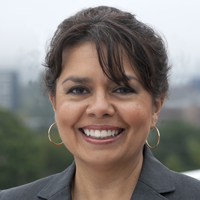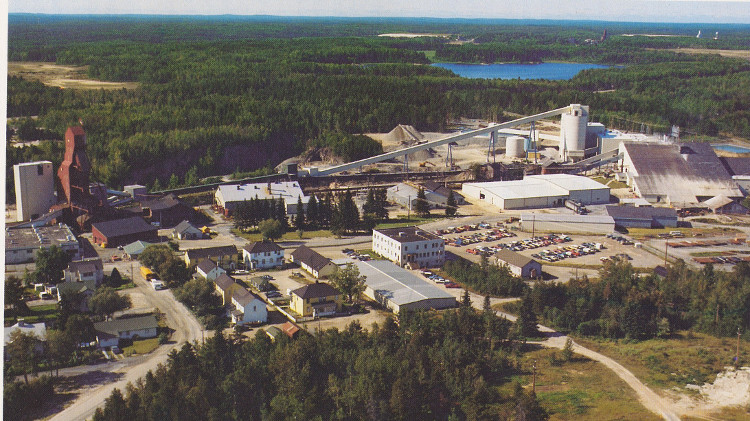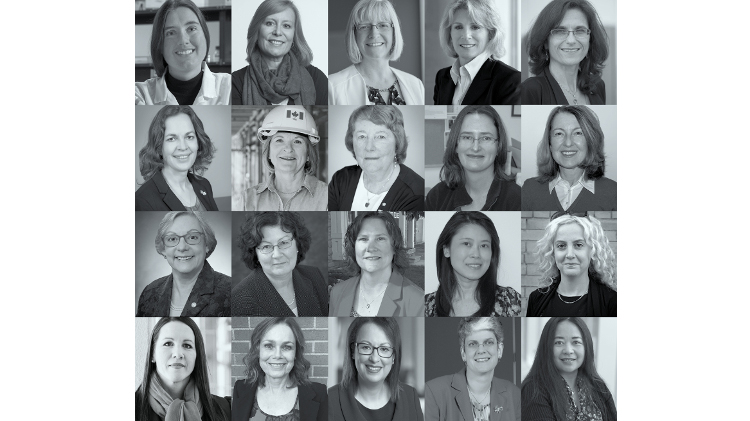 It is indisputable that Canada’s newly sworn-in prime minister Justin Trudeau’s terse response to a question regarding why he established gender parity in his cabinet – “because it’s 2015” – has received international attention. The United Nations noted that with this gender-equal cabinet, Canada now ranks fourth in the world in terms of the percentage of women in ministerial positions, tied with France and Liechtenstein. In this context, I cannot help but wonder about the future of women in the mining industry. What would happen if the industry achieved gender parity? Would perceptions regarding the industry change? Would the bottom line be affected in any way? Is the industry ready to make mining history in terms of gender parity as a social innovation?
It is indisputable that Canada’s newly sworn-in prime minister Justin Trudeau’s terse response to a question regarding why he established gender parity in his cabinet – “because it’s 2015” – has received international attention. The United Nations noted that with this gender-equal cabinet, Canada now ranks fourth in the world in terms of the percentage of women in ministerial positions, tied with France and Liechtenstein. In this context, I cannot help but wonder about the future of women in the mining industry. What would happen if the industry achieved gender parity? Would perceptions regarding the industry change? Would the bottom line be affected in any way? Is the industry ready to make mining history in terms of gender parity as a social innovation?
At a recent industry conference, volunteers at the Women in Mining BC (WIMBC) table experienced an unfortunate reminder that it is not yet 2016 in terms of gender equity in our industry. A man came up to our table as he headed towards the tradeshow floor and asked the women sitting there a couple of technical questions as he walked by. Given the hallway noise and the buzz of the conference, the seasoned professionals at the WIMBC table could not hear him and asked for clarification. His response alluded to why women should not be working in the industry. Needless to say, his answer shocked them. Although this was an unusual incident, it serves as a reminder of the continued resistance by some people against women in the mineral exploration and mining industry.
Toxic attitudes, like the ones held by this man, are culturally embedded in our industry, learned from childhood, in school and at universities. Of course, there are supportive men in the field who are knowledgeable about diversity, but comments like the one this man made are oppressive, and we have to call out these incidents for what they are and admit that there is a problem. Some men may not recognize the problem, but that is because they enjoy the privileges of being male and are oblivious to the ways they manifest themselves. Only by acknowledging, understanding and respecting all experiences, can we begin to see how the system oppresses women. The issue is a profound and multi-faceted one and cannot be solved through simple adjustment by those who are being negatively affected by the system. Therefore, we need to start having unpleasant conversations because that which is not discussed does not get resolved. Normalizing such seemingly unwitting comments perpetuates the existence of barriers for women in the industry.
Unfortunately, not everybody has been exposed to diversity training and education to broach the meaningful conversations that need to take place in order to become allies of diversity and inclusion. Here are four things you can do to support women in the mining industry:
1) Listen. For most, it is uncomfortable to talk about incidents like the one described above. When men or women hear this kind of talk, their immediate response is to interrupt, jump to conclusions, question the situation or change the subject. However, not talking about it reinforces power imbalance, privilege and a lack of consequences. If you listen carefully and refrain from judgment, you will be able to understand the source of women’s pain and frustration.
2) Talk about it. Acknowledge the feelings and what happened in the incident. If some men are tired of hearing about the issues faced by women in mining or the importance of diversity, imagine how tiring it is for women to continue to explain that we belong in mining. A good starting point for men to join in on the conversation is to acknowledge that they will never have the experience of a woman.
3) Ask questions, be curious and seek to understand. When you engage in a conversation, you should not assume that everything that is being said will make sense. It is fine to admit you do not know how another person feels or why they feel that way, but if you are curious and ask questions to gain understanding, it will lead to higher levels of empathy.
4) Educate yourself about diversity. It is important to listen and defer to women during conversations about gender diversity. Keep in mind that they themselves may not know all the facts about diversity. There is no lack of information on the subject and it is also important to take responsibility to educate yourself through reading books and articles on diversity.
Let’s focus on a solution together, because it is 2016.
Mafalda Arias is president of Women in Mining BC and president of Mafalda Arias and Associates.
Got an opinion on one of our columns? Send your comments to editor@cim.org.




 It is indisputable that Canada’s newly sworn-in prime minister Justin Trudeau’s terse response to a question regarding why he established gender parity in his cabinet – “because it’s 2015” – has received international attention. The United Nations noted that with this gender-equal cabinet, Canada now ranks fourth in the world in terms of the percentage of women in ministerial positions, tied with France and Liechtenstein. In this context, I cannot help but wonder about the future of women in the mining industry. What would happen if the industry achieved gender parity? Would perceptions regarding the industry change? Would the bottom line be affected in any way? Is the industry ready to make mining history in terms of gender parity as a social innovation?
It is indisputable that Canada’s newly sworn-in prime minister Justin Trudeau’s terse response to a question regarding why he established gender parity in his cabinet – “because it’s 2015” – has received international attention. The United Nations noted that with this gender-equal cabinet, Canada now ranks fourth in the world in terms of the percentage of women in ministerial positions, tied with France and Liechtenstein. In this context, I cannot help but wonder about the future of women in the mining industry. What would happen if the industry achieved gender parity? Would perceptions regarding the industry change? Would the bottom line be affected in any way? Is the industry ready to make mining history in terms of gender parity as a social innovation?